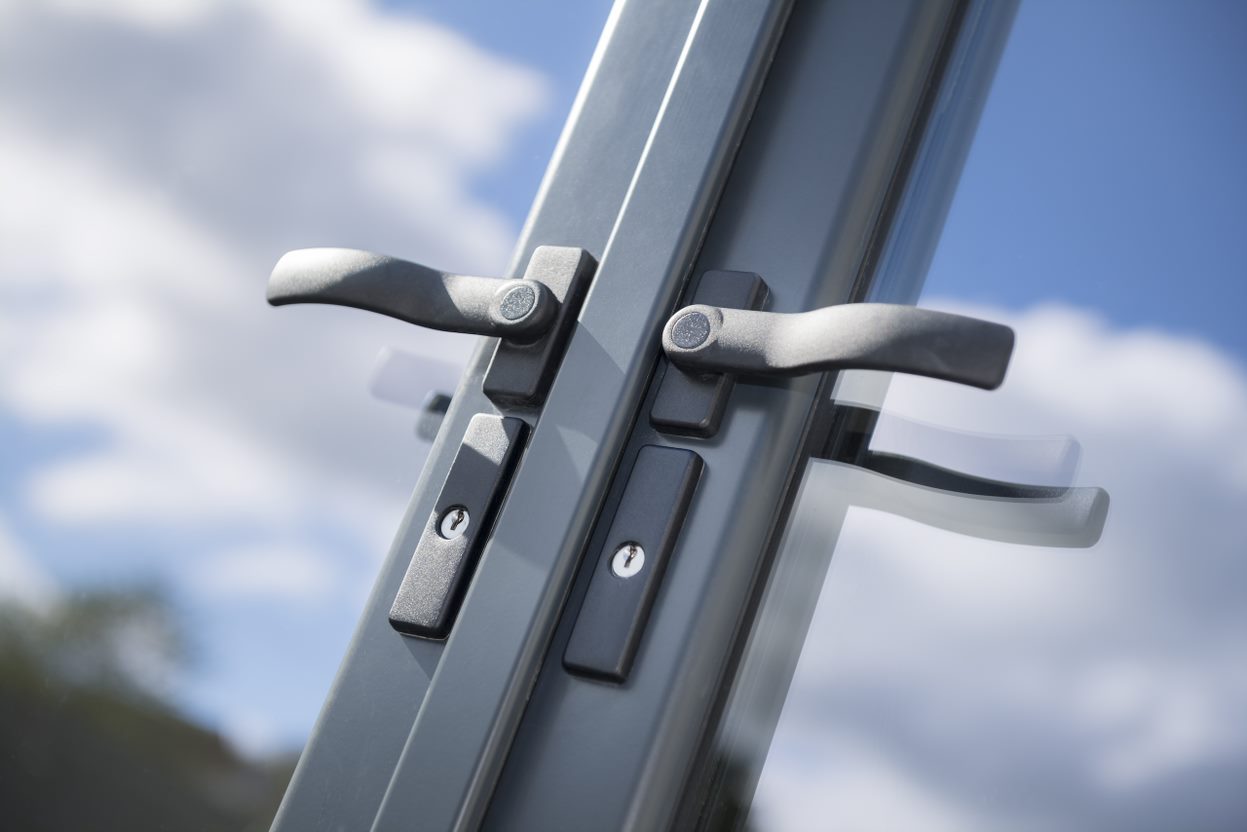10 Wrong Answers For Common Door Locks Repair Questions Do You Know The Right Ones?
Understanding Door Locks Repair: A Comprehensive Guide
Door locks are essential parts of any protected environment, whether in residential, commercial, or automotive contexts. With time, these mechanisms might use down, malfunction, or even break, demanding repairs. Understanding how to handle door lock repairs can save people time, cash, and the hassle of jeopardized security. This post looks into common door locks issues, actions for fixing various types of locks, and when it may be necessary to call a professional.
Common Door Lock Issues
Before diving into repair techniques, it's crucial to identify common issues that might develop with door locks:
- Sticking or Jammed Locks: A lock that is tough to turn or sticks can be a sign of internal issues or dirt build-up.
- Secret Won't Turn: This can occur due to misalignment, a broken key, or internal clogs within the lock.
- Loose or Wobbly Lock: Hardware or screws might end up being loose in time, impacting the lock's stability.
- Broken or Bending Keys: Keys can flex, break, or wear down, making locking systems inefficient.
- Lock not Latching: If a lock does not engage when the door is closed, this suggests positioning issues or part failure.
- Electronic Lock Failure: For keyless entry systems, electronic failures can render the lock ineffective.
Recognizing these signs can help in figuring out the proper repair shop door handle steps.
Important Tools for Lock Repair
Before starting the repair, property owners and tenants must collect necessary tools, including:
- Screwdrivers (Phillips and flathead)
- Pliers
- A hammer
- Lubricant (graphite or silicone-based)
- Replacement screws or keys
- A new lockset (if necessary)
- Cleaning fabric or brush
Having these tools all set enables for a smoother repair process.
Repairing Sticking and Jammed Locks
Step-by-Step Approach
- Examine the Lock: Start by visually examining the lock for any visible damage or misalignment.
- Tidy the Lock: Remove any dirt or debris using a cleansing fabric or a soft-bristled brush. Build-up can hinder the lock's functionality.
- Lube: Apply a percentage of lube into the keyhole and on the moving parts. Avoid using excessive product, as it can attract dust.
- Test the Key: Insert the secret and turn it carefully. If it still sticks, additional examination might be needed.
When to Replace
If cleansing and lubricating do not resolve the problem, the lock may be broken and need replacement.
Dealing With Issues with Keys
Fixing Broken Keys
If a key is broken within the lock, take the following steps:
- Extract the Key: Use pliers to carefully take out the broken piece. If it's deep inside, a lock extraction set might be required.
- Create a Copy: If you still have the intact part of the key, take it to a locksmith professional or a hardware store for duplication.
Handling Bending Keys
- Straighten the Key: If the key is a little bent, gently attempt to straighten it utilizing pliers.
- Replace the Key: If the secret is worn, think about having a brand-new one made.
Fixing Loose or Wobbly Locks
Step-by-Step Approach
- Tighten Screws: Use a screwdriver to tighten up any noticeable screws on the lock. This effort can often support the lock.
- Check the Strike Plate: Ensure that the strike plate is correctly lined up. If misaligned, it may require repositioning.
- Strengthen with Specialist Tools: If screws continue to loosen up, consider utilizing lock washers or wood glue to reinforce the hold.
Lock Not Latching
This concern often originates from misalignment rather than lock failure. To address this:
- Inspect Door Alignment: Check if the door settles correctly within the frame.
- Adjust Hinges: Sometimes, changing the screws on the hinges can realign the door.
- Reposition Strike Plate: The strike plate may need shifting to ensure it aligns with the bolt.
Taking On Electronic Lock Failures
If an electronic lock stops working to work:
- Check the Batteries: Often, dead batteries can cause the electronic lock to stop working.
- Check Wiring: Look for noticeable indications of damage in the electrical wiring if the batteries are functional.
- Reset the Lock: Many electronic locks have a reset feature; consult the user manual for directions.
- Replacement: If all else stops working, think about changing the lock.
When to Call a Professional
While many door lock repairs can be completed separately, there are times when professional help is necessary:
- If the lock is seriously harmed or has numerous issues.
- If a key is lost and replacement is needed right away.
- If the lock becomes part of an intricate security system.
- If DIY attempts do not fix the problem and dangers further damage.
Frequently Asked Questions about Door Locks Repair
How typically should I oil my door locks?
Locks ought to be oiled at least as soon as a year or whenever you discover sticking or difficulty in turning the key.
Can I change a lock myself?
Yes, numerous locks can be changed with fundamental tools and instructions, making it a practical DIY task for the majority of property owners.
What type of lubricant is best for locks?
Graphite or silicone-based lubricants are typically recommended as they do not bring in dust like oil-based products.
How do I know if my lock requires replacement rather of repair?
If the essential regularly jams, the lock is stained, or the internal mechanism sounds broken, it may be time for a replacement.
Is it worth investing in a higher-security lock?
Yes, specifically for homes in high-crime locations or for valuable residential or commercial properties. Higher-security locks can hinder burglaries and supply comfort.
In conclusion, understanding how to handle door locks repair is important for maintaining security and performance. With the right tools, understanding, and a little persistence, many common issues can be taken on successfully. However, understanding when to call a professional is equally important, making sure that security and security stay uncompromised.

- Straße, Hausnummer Bull It & Bobbye Consulting
- PLZ Ort, Land 3390 Melk, Niederösterreich
- Bundesland / Kanton Rupp quick door handle repair Bobbye Holding
- Land Liberia
- Telefon Bull It Rupp GbR
- Fax Bobbye & Rupp Services
- E-Mail Bobbye door handle fix near me Bobbye Services
- Web Bull It GmbH
- Umsatzsteuer-ID Rupp GbR


